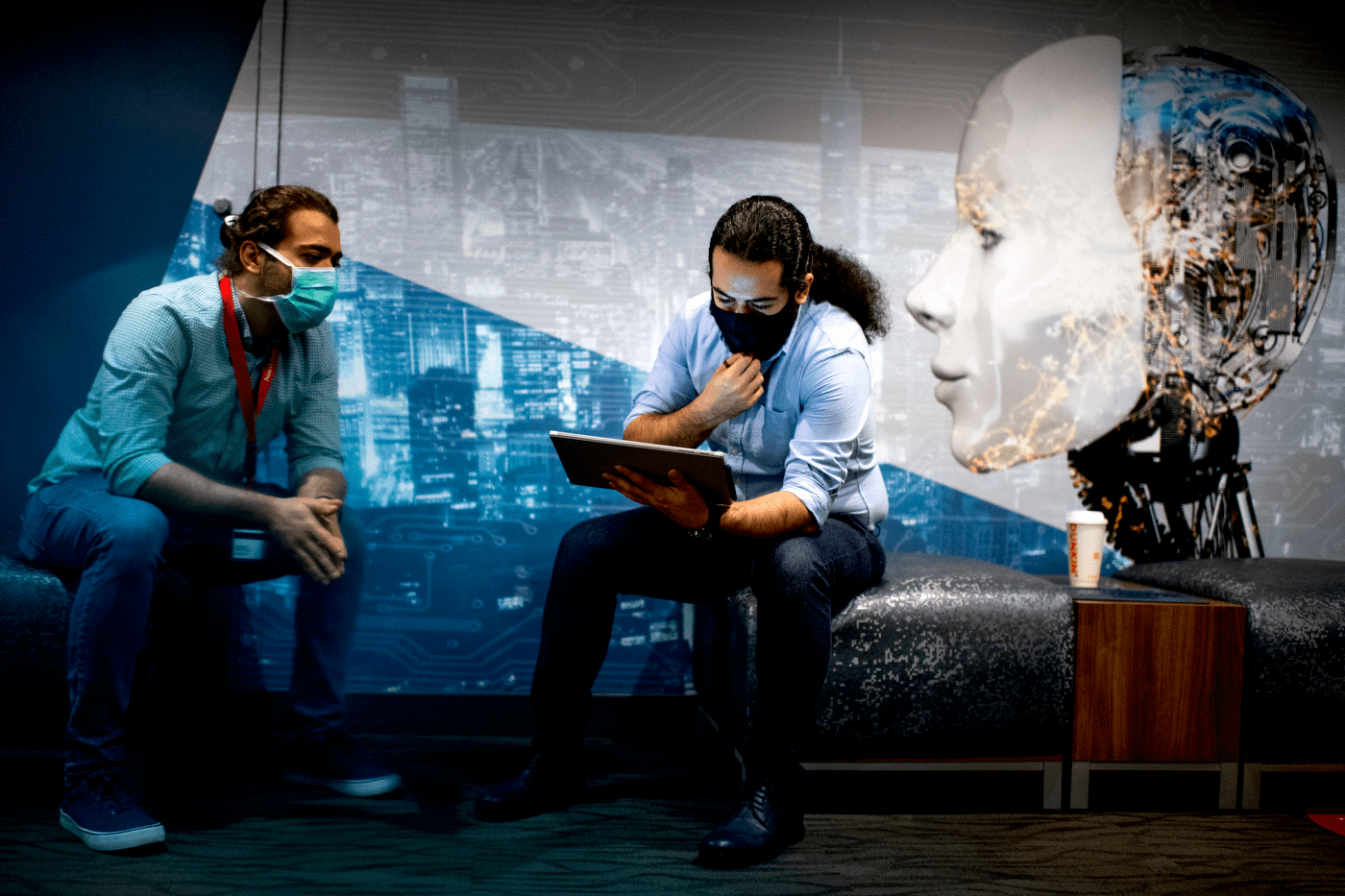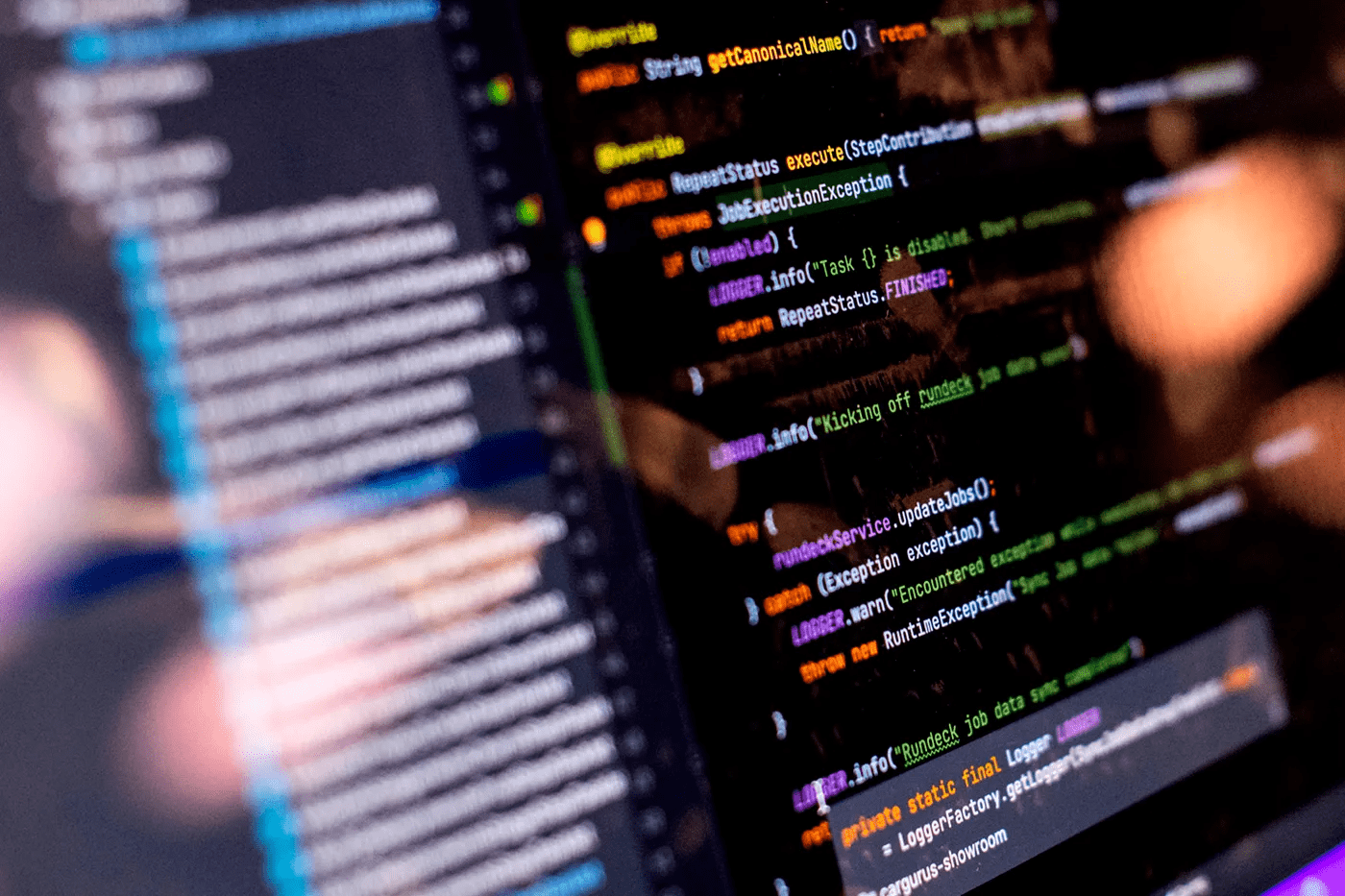Please visit us at our new home, the Institute for Information, the Internet and Democracy
THE INTERNET DEMOCRACY INITIATIVE
A platform for positive change in an interconnected world
The Internet Democracy Initiative studies problems that have widespread information and social media implications. This initiative provides leadership in understanding the role of the internet in structuring democracy, society, and markets.
The Imperative
How can the internet be a constructive force in society? The early days of the internet offered the promise of decentralized democratic transformation, social connection, easy access to high quality information, and a platform to diverse voices. While there are glimpses of these possibilities still, the internet today is strikingly centralized and dominated by relatively few gatekeepers, with society riven by polarization.
The bottom-up utopian vision of the 1990s has seemingly turned into a 2020s dystopia of misinformation and harassment, producing calls for aggressive top-down control by corporations and government. The objective of this initiative is to support rigorous research on the problems of the contemporary information ecosystem, and to evaluate the potential of interventions into and uses of the affordances of the internet to support connection and to empower democracy.
What we do

Collaborating across Northeastern’s interdisciplinary networks
The IDI is developing a clearinghouse of best practices and algorithms, and building a resource set for organizations around the world interested in defending democracy and its institutions.
Creating next-gen resources for industry and community
The Internet Democracy Initiative, building our NSF internet observatory, will study problems that have widespread information and social media implications.


Building a more equitable, fair, and representative future.
The IDI will catalyze a multi-disciplinary community at Northeastern, including through nascent teams in Oakland and London
